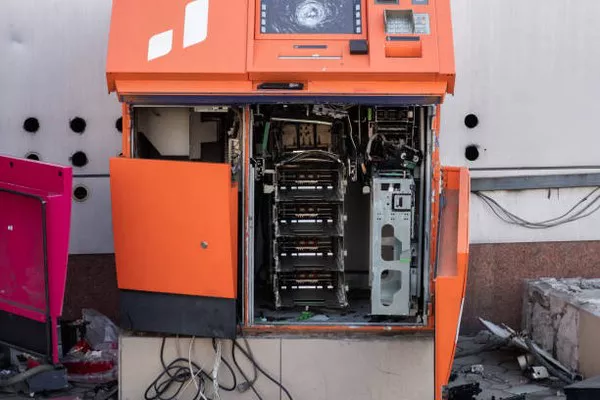In recent years, the demand for residential generators has surged due to increasing concerns about power outages caused by severe weather events and aging electrical infrastructure. Generac, a leading manufacturer of home standby generators, offers a range of models designed to provide reliable backup power during emergencies. However, determining the cost of installing a Generac generator involves several factors that homeowners should consider before making a decision.
Understanding Home Standby Generators
Home standby generators, like those manufactured by Generac, are permanent fixtures that automatically provide backup power to a home when the main power supply is disrupted. These generators are typically powered by natural gas or propane and are connected directly to a home’s electrical system. When a power outage occurs, the generator automatically switches on, restoring power to essential circuits or the entire house depending on its capacity.
Generac offers a variety of generator sizes and capacities to meet different household needs. The size of the generator required depends on factors such as the size of the home, the number of electrical appliances that need to be powered during an outage, and individual preferences regarding the extent of backup power required.
Factors Affecting Installation Costs
The total cost of installing a Generac generator can vary significantly based on several factors:
Generator Size and Capacity: The size and capacity of the generator directly influence the cost. Larger generators capable of powering an entire home will cost more than smaller units designed to provide power to essential circuits only.
Installation Requirements: The complexity of the installation process plays a major role in determining costs. Factors such as the location of the generator, distance from the main electrical panel, and any necessary upgrades to the existing electrical system can impact installation expenses.
Permitting and Inspection Fees: Local building codes may require permits for generator installations. Additionally, inspections post-installation may be necessary, adding to the overall cost.
Fuel Source: The type of fuel used by the generator—natural gas or propane—can affect installation costs. Access to a natural gas line may be easier and cheaper compared to installing a propane tank.
Site Preparation: Clearing and preparing the installation site for the generator can add to the installation costs, especially if extensive groundwork or landscaping is required.
Additional Accessories: Optional accessories such as remote monitoring systems, transfer switches, and concrete pads for the generator can increase the overall expense.
Cost Breakdown
To provide a comprehensive estimate of the cost of installing a Generac generator, it’s important to consider each component:
Generator Cost: The price of the generator itself can range from a few thousand dollars for smaller units to upwards of $10,000 or more for larger, whole-house generators.
Installation Labor: Installation costs typically include labor charges for electricians and technicians to set up the generator, connect it to the home’s electrical system, and ensure proper functionality.
Permit Fees: Permitting fees can vary depending on local regulations but generally range from a few hundred to over a thousand dollars.
Electrical Upgrades: If the home’s electrical panel or wiring needs upgrades to accommodate the generator, this can significantly add to the installation costs.
Fuel Source Setup: Installing a new natural gas line or propane tank, if required, will add to the expenses.
Accessories: Additional components like transfer switches, monitoring systems, and concrete pads will contribute to the overall cost.
Average Installation Costs
While the cost of installing a Generac generator varies widely based on individual circumstances, the average total cost, including both the generator and installation, typically falls within the range of $5,000 to $15,000 or more.
For a more precise estimate, it’s recommended to obtain quotes from reputable Generac dealers or licensed electrical contractors. These professionals can assess your specific needs, evaluate your home’s electrical system, and provide a detailed cost breakdown tailored to your requirements.
Return on Investment (ROI)
Despite the initial expense, investing in a standby generator like Generac can offer significant benefits, especially in regions prone to frequent power outages. The peace of mind that comes with knowing your home will remain powered during emergencies, safeguarding your family and property, is invaluable.
Moreover, a standby generator can increase the resale value of your home and may even result in savings on homeowners’ insurance premiums, further enhancing its long-term value proposition.
See also What Size Generator To Run Heat Pump? A Comprehensive Guide
Conclusion
Installing a Generac generator is a significant investment that requires careful consideration of various factors, from generator size and installation costs to permitting and fuel source requirements. While the upfront costs can be substantial, the benefits of uninterrupted power supply during outages and increased home value make it a worthwhile investment for many homeowners.
For those considering a Generac generator installation, consulting with experienced professionals and obtaining detailed quotes based on individual needs and circumstances is crucial for making an informed decision. By understanding the costs involved and the potential return on investment, homeowners can effectively plan for a reliable backup power solution that enhances their home’s safety and resilience.

